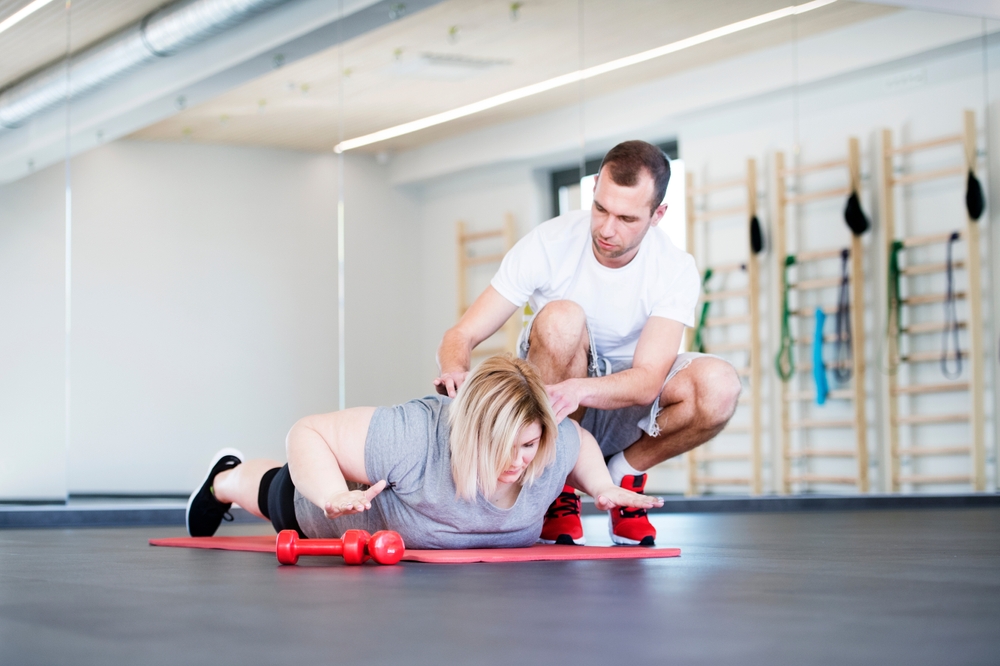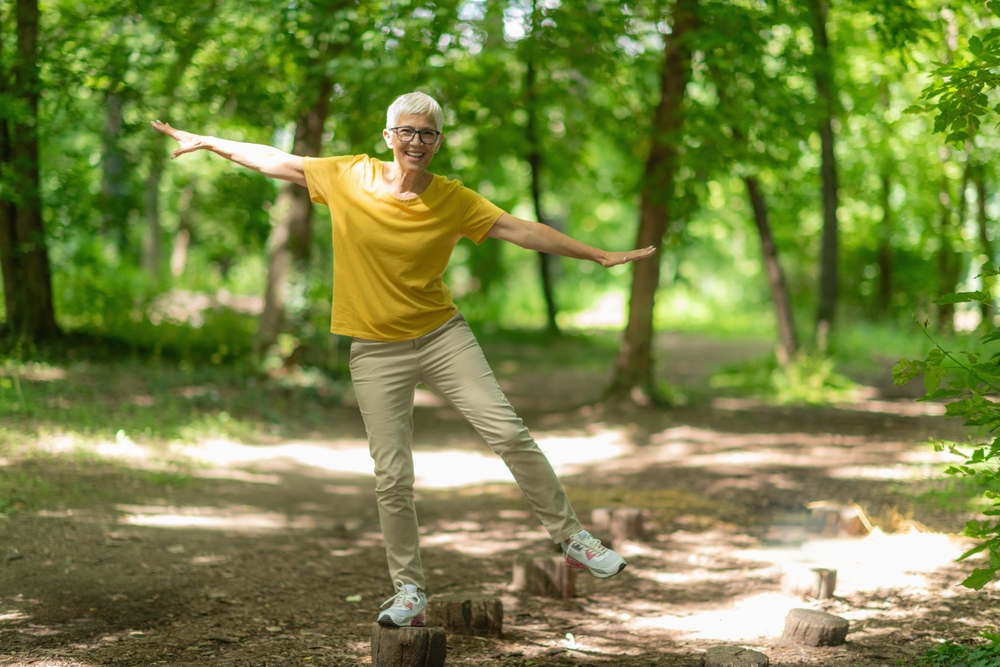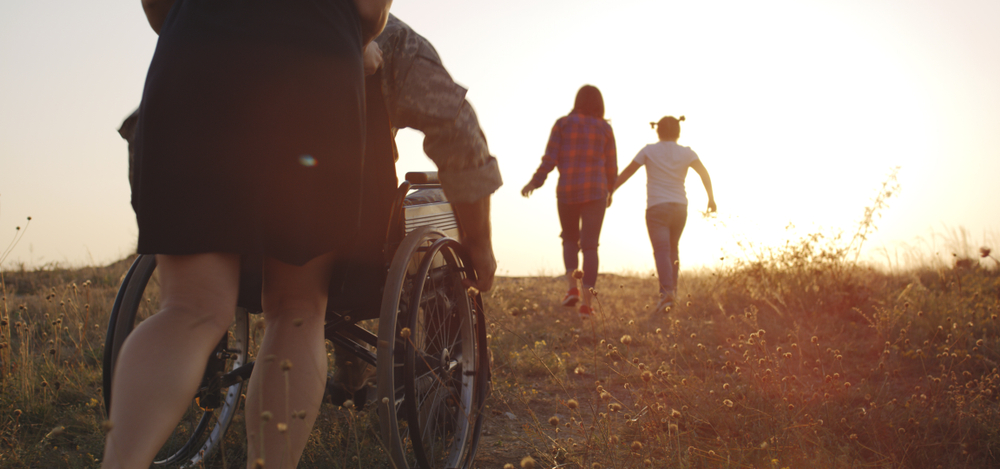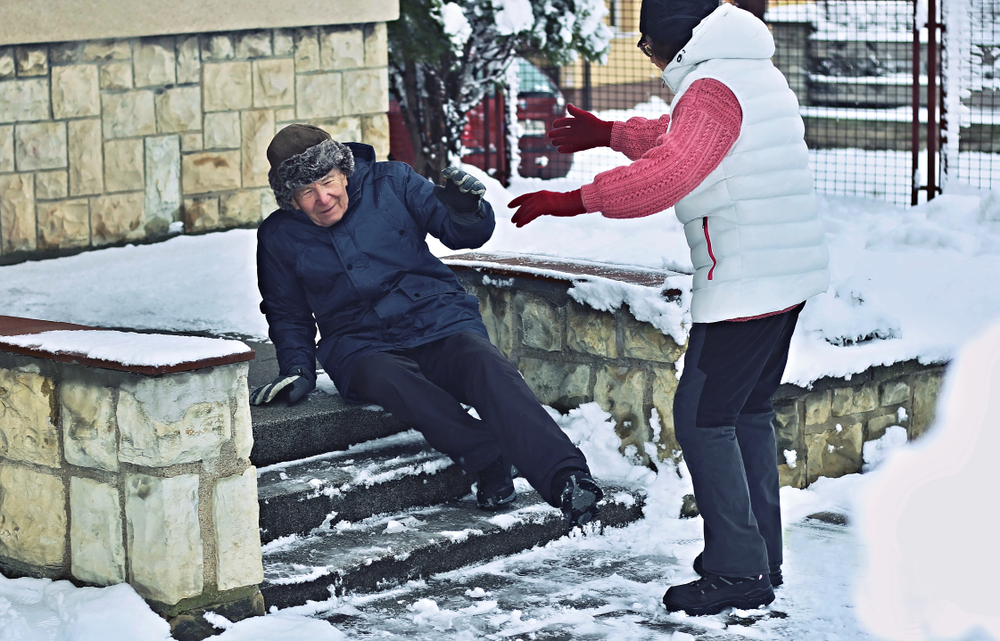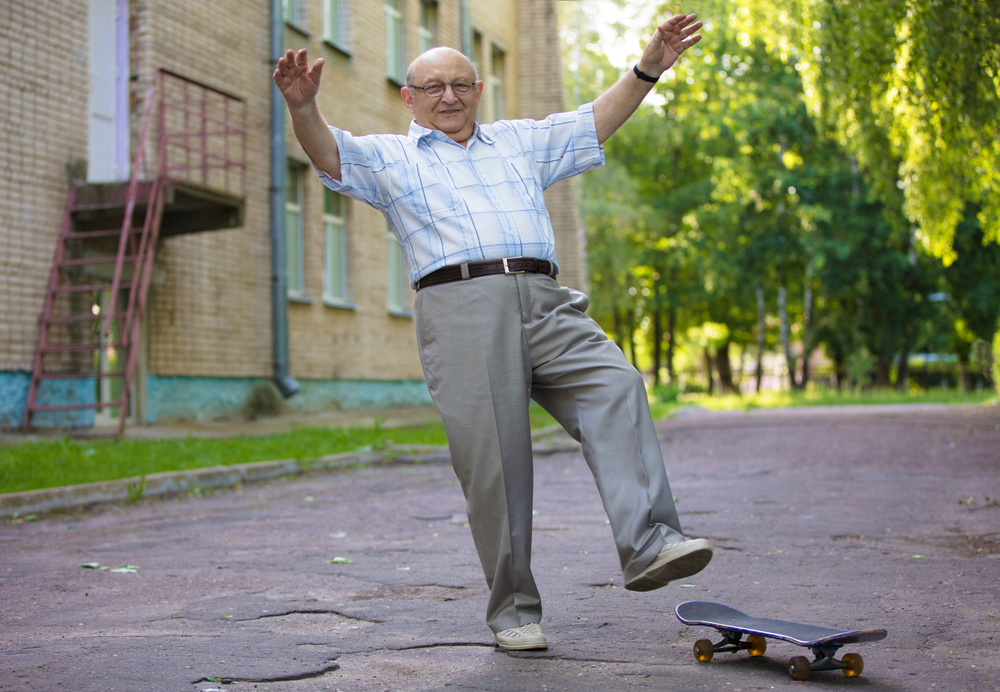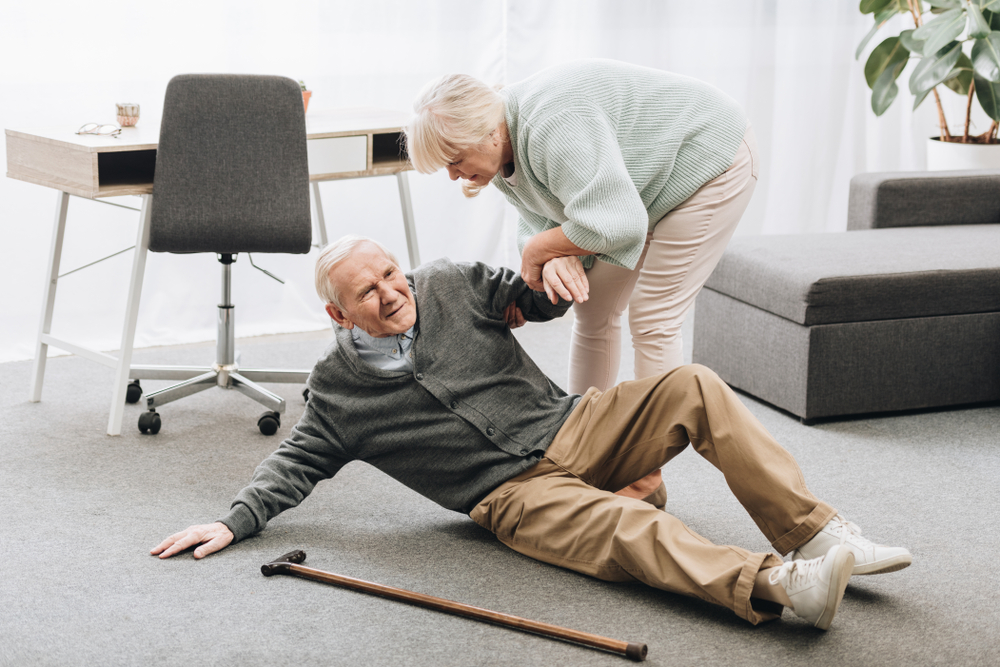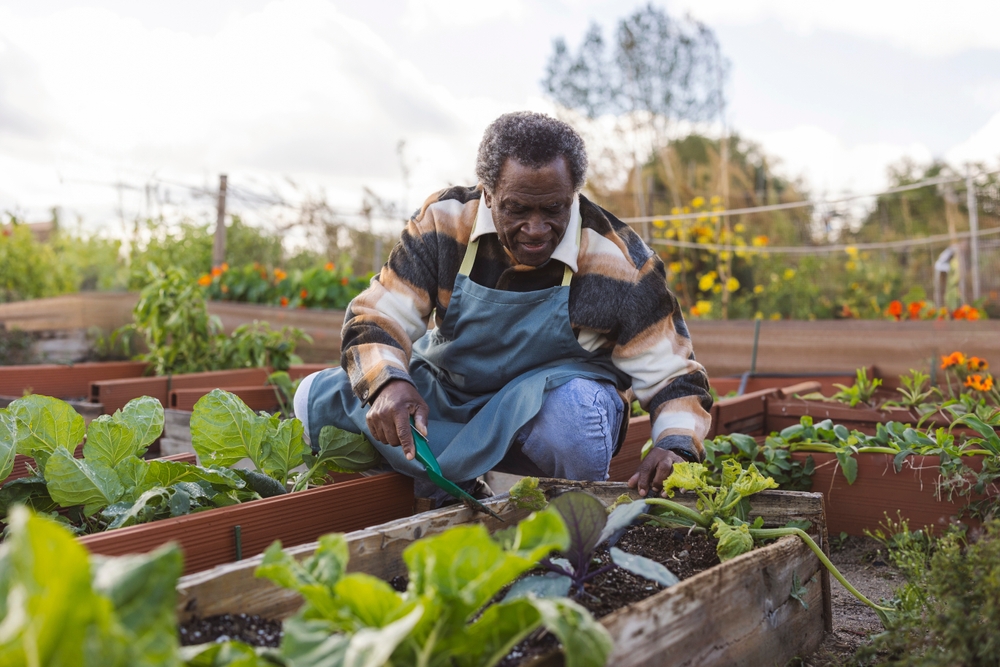Make an Appointment
Winter brings unique challenges for individuals living with disability. Colder weather can exacerbate joint stiffness, increase pain, and elevate the risk of falls, making everyday tasks more difficult. Fortunately, a coordinated allied health team can provide comprehensive support to help you adapt to these challenges. With tailored strategies from physiotherapy, occupational therapy, and exercise physiology, you can stay active, safe, and independent all winter long.
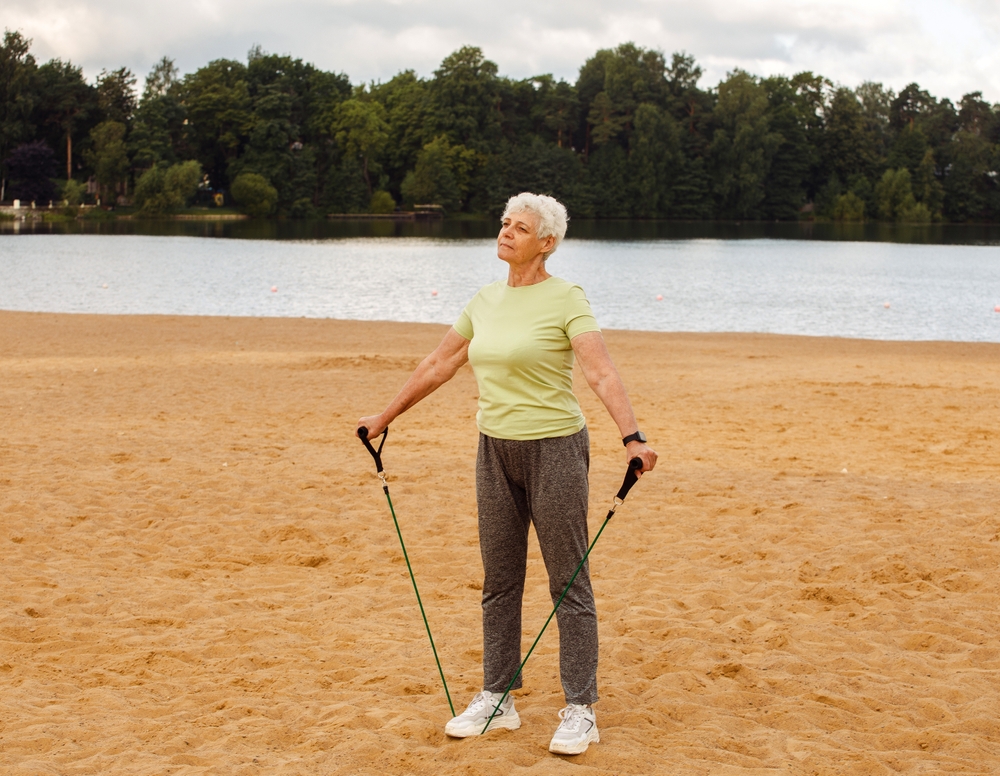
Understanding Winter Challenges for Individuals with Disability
As temperatures drop, many individuals with disability encounter additional hurdles that affect daily functioning:
Increased Joint Stiffness and Pain:
Colder temperatures can lead to muscle and joint stiffness, worsening conditions like arthritis and making movement more challenging.
Higher Risk of Falls:
Icy or slippery surfaces, combined with reduced balance and strength, heighten the likelihood of falls.
Reduced Mobility and Fatigue:
The extra effort required to move in cold weather can lead to quicker fatigue, limiting activity levels.
Environmental Barriers:
Poor lighting, cluttered spaces, and inadequate home modifications become even more problematic during winter, making safe navigation a challenge.
Understanding these challenges is essential in developing a winter preparedness plan that maintains your mobility and independence, while minimising risks and enhancing comfort.
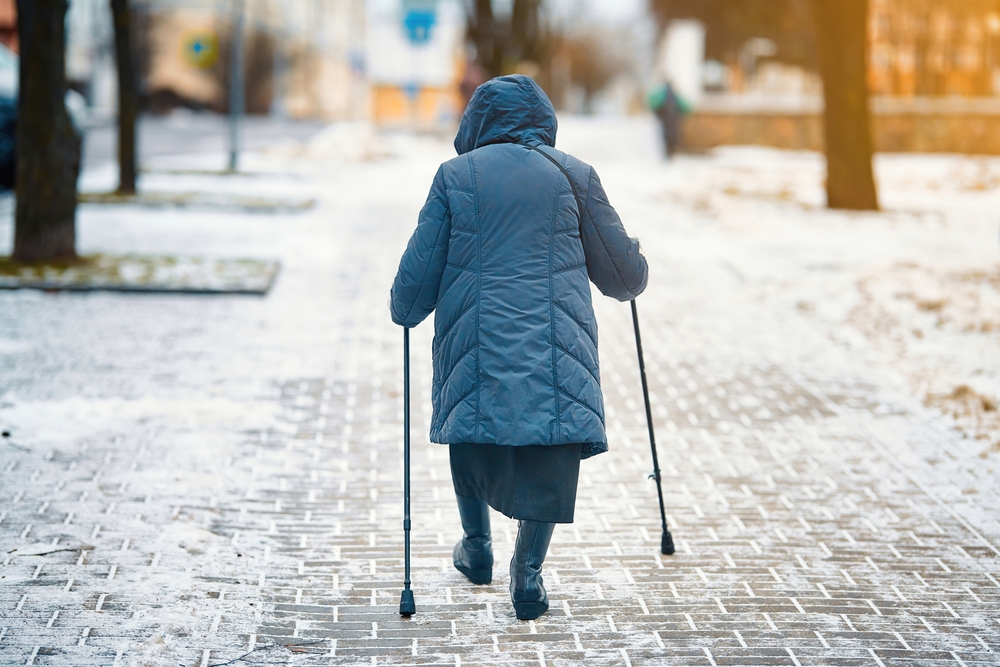
How Physiotherapy Supports Winter Mobility and Fall Prevention
Physiotherapy is a cornerstone of winter preparation for individuals with disability. Through personalised exercise programs and manual therapies, physiotherapists can address many of the physical challenges posed by colder weather:
Tailored Warm-Up and Stretching Routines:
Physiotherapists design warm-up routines to gently increase muscle temperature and flexibility, reducing stiffness and preparing your body for movement.
Balance and Gait Training:
Specialised exercises focus on improving balance and refining gait patterns, reducing the risk of falls on slippery surfaces. Techniques may include balance drills, proprioceptive training, and step exercises that mimic everyday scenarios.
Pain Management:
Cold weather can intensify pain, particularly for conditions like arthritis. Physiotherapists use manual therapy techniques, such as massage and mobilisation, to relieve discomfort and enhance joint function.
Fall Prevention Strategies:
Physiotherapy sessions often incorporate exercises that strengthen core and leg muscles, crucial for maintaining stability. Therapists also provide practical advice on proper footwear and safe movement techniques.
The Role of Occupational Therapy in Adapting Your Environment
Occupational therapists play a vital role in creating a safe and accessible home environment during winter. They offer practical solutions to help you navigate your surroundings comfortably and safely:
Home Environment Assessments:
Occupational therapists assess your living space to identify hazards and recommend modifications—such as non-slip mats, improved lighting, and clear pathways—to reduce the risk of falls.
Adaptive Strategies for Daily Tasks:
Simple changes, like installing grab bars in bathrooms or rearranging furniture to create clear pathways, can significantly improve your ability to perform everyday activities safely during winter.
Assistive Devices and Technology:
OTs may recommend adaptive tools, such as reachers or ergonomic handles, and smart home devices that assist with everyday tasks, ensuring a safer and more accessible environment.
Personalised Care Plans:
By understanding your specific needs, occupational therapists design tailored intervention plans that not only enhance safety but also promote independence, ensuring that you remain as self-sufficient as possible throughout the winter months.
For further details on home adaptations and safety, visit the NDIS website.
Exercise Physiology for Enhancing Strength and Endurance in Winter
Exercise physiology is key to maintaining physical fitness during the colder months, especially when external conditions might otherwise limit your activity:
Customised Exercise Programs:
Exercise Physiologists conduct thorough assessments to design bespoke exercise routines that target your unique strengths and challenges. These programs focus on building muscle strength, improving balance, and boosting cardiovascular endurance.
Indoor Training Solutions:
Mobile exercise physiology services bring structured, in-home sessions that ensure you stay active regardless of outdoor weather conditions. These sessions often include low-impact aerobic exercises, resistance training, and functional movement drills that are safe and effective.
Monitoring and Progression:
Regular assessments help tailor your exercise program as you progress. This ongoing support not only improves your physical capabilities but also reinforces your confidence in performing daily activities independently.
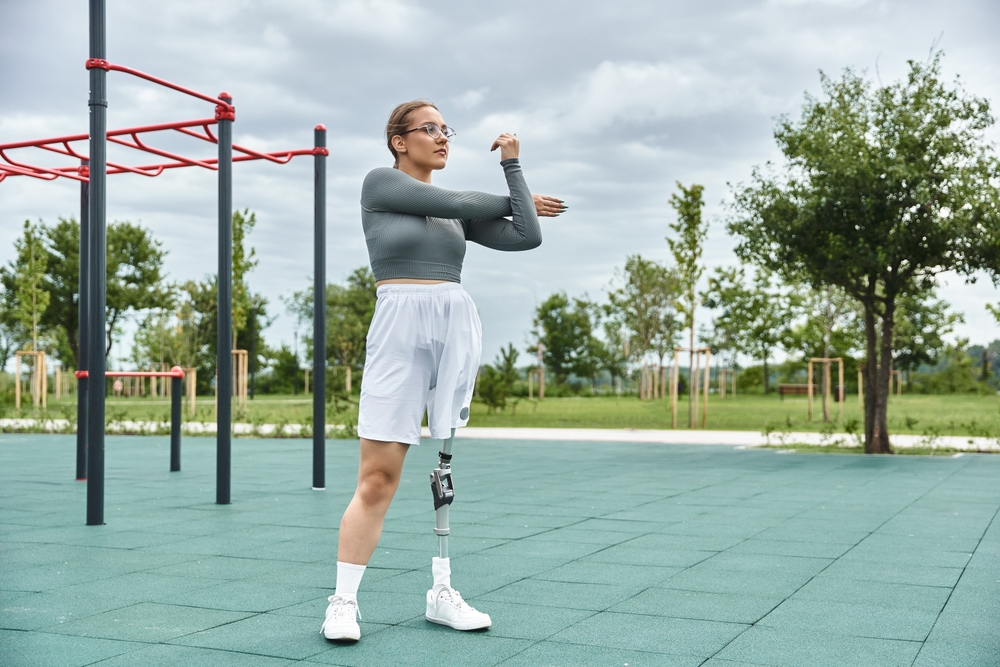
Collaborative Allied Health Approaches for Comprehensive Winter Preparedness
The benefits of physiotherapy, occupational therapy, and exercise physiology are maximised when these services are integrated. Collaborative care ensures that every aspect of your well-being is addressed cohesively:
Integrated Treatment Plans:
When allied health professionals work together, your care plan becomes more comprehensive. For example, balance exercises from physiotherapy are reinforced by occupational therapy modifications that create a safer home environment, while exercise physiology builds overall strength.
Streamlined Communication:
A unified team provides consistent, coordinated care, ensuring that all interventions align with your overall rehabilitation goals. This results in more effective treatment and faster adjustments as needed.
Holistic Support for Clients and Families:
Integrated care offers comprehensive support that benefits both you and your family. Consistent advice and a unified treatment approach reduce caregiver burden and foster a positive, empowering environment.
Learn more about our integrated allied health services by visiting the Physio Inq website.
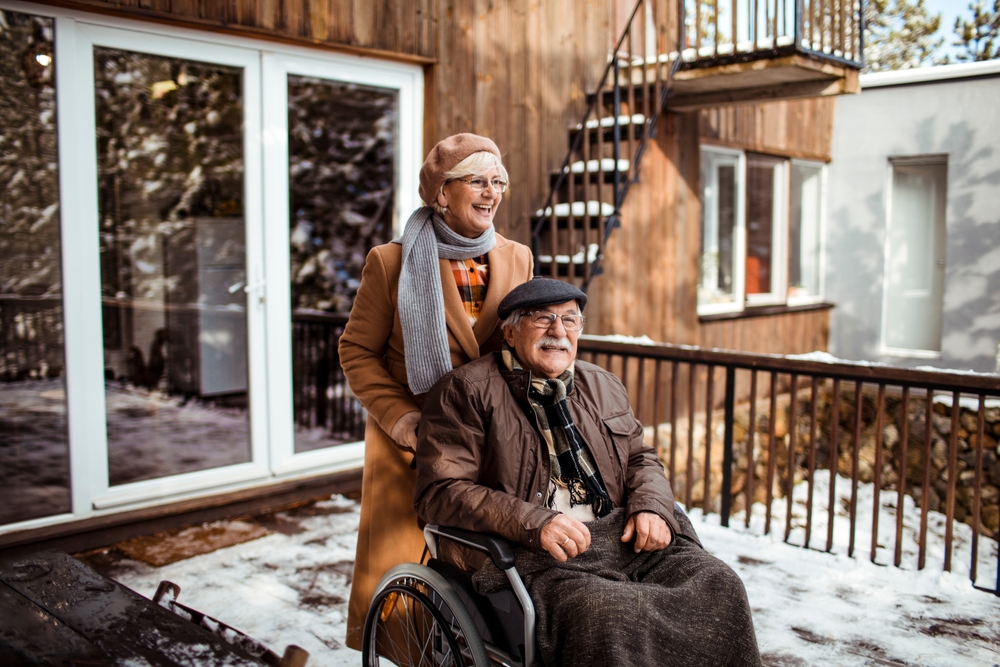
Frequently Asked Questions
What winter challenges do individuals with disability typically face?
Winter can exacerbate issues such as joint stiffness, muscle pain, and reduced mobility. Slippery surfaces and colder temperatures increase the risk of falls, while environmental factors like poor lighting and clutter can further hinder safe movement.
How can physiotherapy help during winter?
Physiotherapy provides tailored warm-up routines, balance training, gait improvement, and pain management techniques to mitigate the challenges of cold weather, enhancing mobility and reducing fall risk.
What role does occupational therapy play in winter safety?
Occupational therapists assess and modify your home environment to reduce hazards, recommend adaptive strategies for daily tasks, and integrate assistive devices, ensuring your living space is safe and accessible.
How does exercise physiology contribute to winter preparedness?
Exercise physiology focuses on building strength, endurance, and balance through personalised in-home exercise programs, maintaining physical fitness and reducing the risk of falls even in colder conditions.
What are the benefits of mobile allied health services?
Mobile services bring expert care directly to your home, reducing travel-related stress and ensuring that treatment is seamlessly integrated into your daily routine. This is especially beneficial for individuals with limited mobility.

Conclusion
Preparing for winter is essential for individuals living with disability, as colder weather can intensify challenges related to mobility, pain, and safety. A coordinated approach through physiotherapy, occupational therapy, and exercise physiology not only helps manage these challenges but also promotes greater independence and improved quality of life.
By staying active and adapting your environment, you can reduce the risk of falls, manage pain more effectively, and enhance overall well-being. With the support of a dedicated allied health team, you receive a comprehensive, integrated treatment plan that addresses every aspect of your needs during the winter months.

Take the Next Step:
If you’re ready to explore tailored allied health services to prepare for winter, contact us today to book an appointment or make a referral. To learn more about our comprehensive services, please explore:
Welcome this winter with open arms, live a life with less limits.
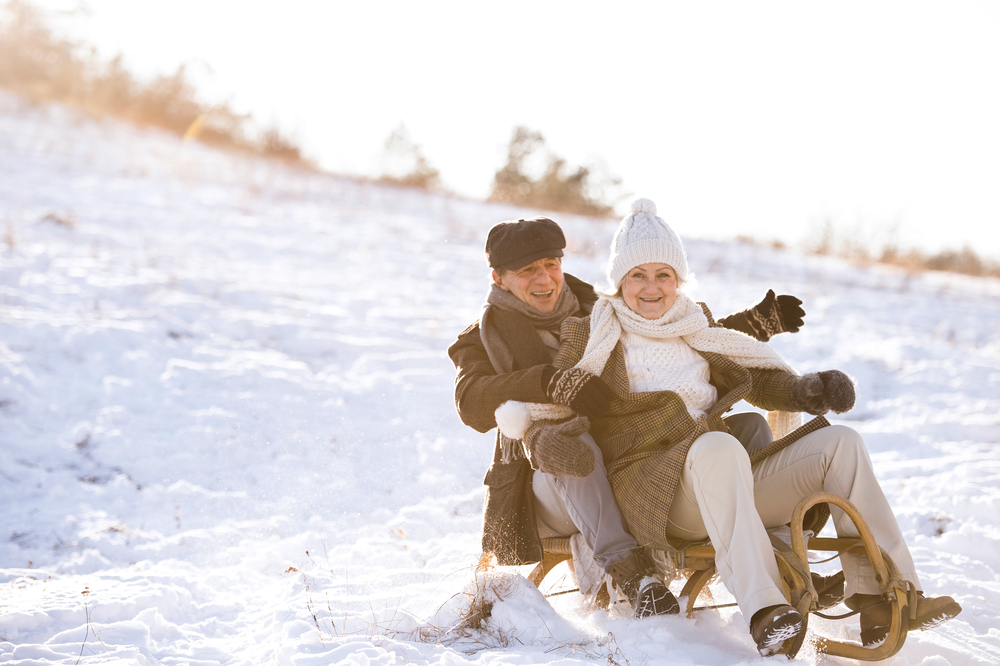
Date Published: Friday, March 28, 2025
Locate a NDIS Exercise Physiology
Service Near me
Get the experience & convinence you deserve to support your or a loved one's allied health needs.
Our NDIS Exercise Physiology team are currently serving & taking appointments in the following states and regions in Australia:
Need to get into direct contact with ur Client Services team? We're all ears. Call our team directly on 1300 731 733



